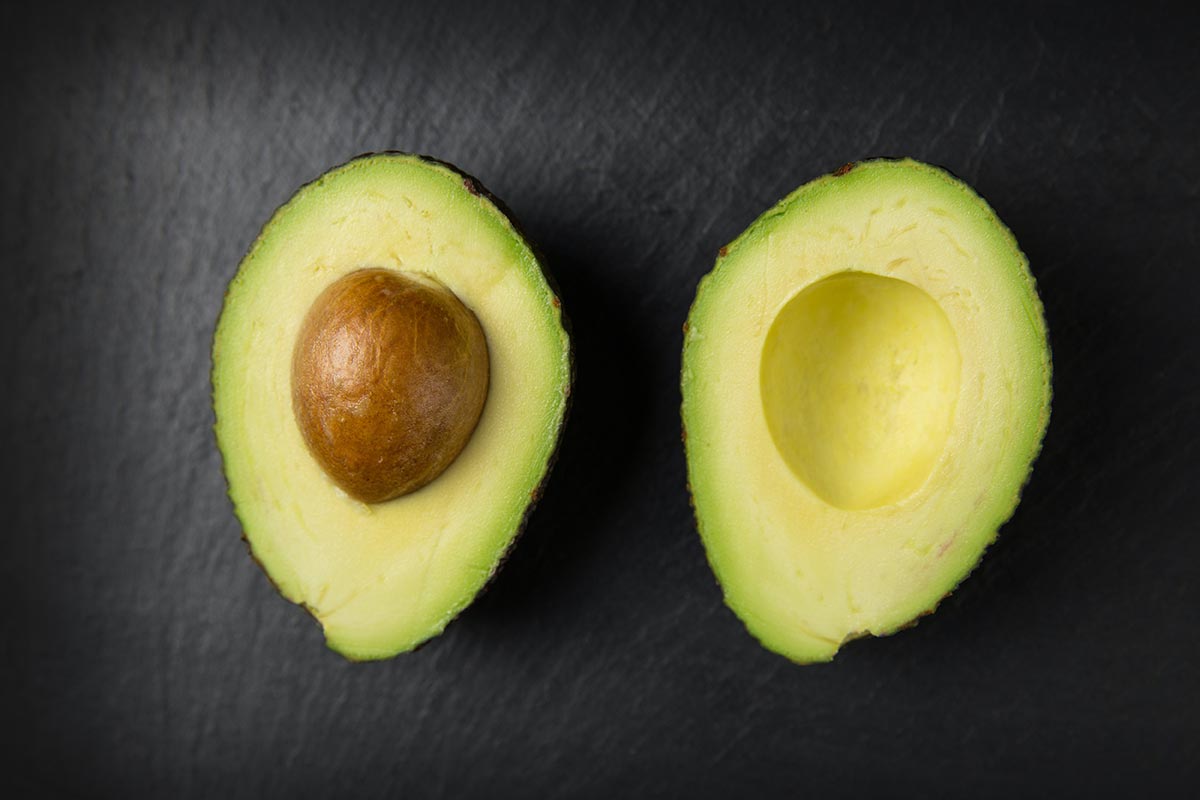How Weight Watchers Works:
Weight Watchers, now rebranded as WW, simplifies calorie counting through its SmartPoints system. Each food is assigned a point value based on calories, sugar, protein, and saturated fat. This makes it easier to make informed choices without manually tracking every calorie. A 2022 study published in JAMA Network Open found that individuals following the WW program lost significantly more weight than those who attempted weight loss on their own. The structure and support provided by WW contribute to its effectiveness.
Beyond Calorie Counting:
Recognizing that weight loss is not just about numbers, WW has integrated behavioral science into its approach. The Weight Watchers 360° program addresses "hedonic hunger," a concept where food cravings are triggered by visual or olfactory cues rather than genuine hunger. By identifying and managing these triggers, participants can develop healthier eating habits and avoid emotional or mindless eating.
Technological Advancements
WW has embraced technology to enhance user experience. The latest AI-powered app includes a food scanner that instantly calculates SmartPoints from a photo, along with a recipe importer that analyzes nutritional values from online sources. Additionally, the program offers access to dietitians and an expanded selection of ZeroPoint foods, making the system more user-friendly and personalized.
Does Weight Watchers Work Long-Term?
A systematic review published in The American Journal of Clinical Nutrition found that participants in commercial weight loss programs like WW lost more weight than those following self-guided approaches. The study emphasized the role of structured support in achieving and maintaining weight loss over a 12-month period. These findings suggest that WW's emphasis on guidance, education, and community can contribute to long-term success.
Criticism and Individual Differences
Despite its effectiveness, WW is not a one-size-fits-all solution. Some individuals find the program restrictive or challenging to maintain long-term. A case study in The Journal of Behavioral Medicine highlighted that while structured programs can lead to initial success, long-term adherence depends on individual preferences, lifestyle, and support systems. Personalized coaching and flexible dietary approaches may be better suited for some individuals.
The science-backed structure of WW provides a reliable framework for weight loss. With a focus on calorie management, behavioral psychology, and technological innovation, WW remains one of the most researched and effective weight loss programs available. However, long-term success ultimately depends on personal commitment and adaptability. For those seeking a structured, community-supported approach, WW may be a worthwhile investment.
Sources:
1. Tate DF, Lutes LD, Bryant M, et al. "Efficacy of a Commercial Weight Management Program Compared With a Do-It-Yourself Approach: A Randomized Clinical Trial." JAMA Netw Open. 2022;5(8):e2226561.
2. "Wellness In The Works: Weight Watchers Is Back" - The Spot.
3. "WeightWatchers Unveils Next-Gen Program With AI-Powered App Features."
4. "Efficacy of commercial weight loss programs: an updated systematic review." The American Journal of Clinical Nutrition.
5. "I'm in the best shape of my life at 60 and I never joined a gym - I'd tried Weight Watchers but piled back on the pounds."













